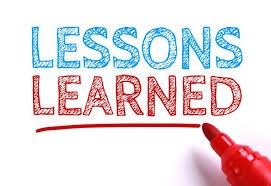Coping with COVID: Year 2 (Part 3)
We can learn a lot from ourselves if we reflect back on our coping with COVID in 2020 to support the best decisions and strategies for coping with COVID in 2021. Look back at what you did to manage your stress, frustration, social strain, and health for the past year. Try to break it into sections: pre-COVID (January-ish), early-COVID (February/March with shut-downs), sustained–COVID (April through July), and second wave-COVID (August – December).(Obviously these timelines may be different for your experience.) Explore how you dealt with the pandemic in each of these stages. Next, start looking at what you did well: What are things you did that helped your health (especially mentally), your loved ones, your neighbors, and your community? Finally, explore what you did not do so well: What are areas you can grow from, where did you respond that may have resulted in feeling guilt or shame, how could you have responded better? Going through these steps will help you to adjust to 2021.
Many of us have coping strategies that we use as a default. They are, likely and hopefully, effective when we face challenges and stressors in our lives. However, what happens to these default strategies when they are exhausted? 2020 may have shown you some strategies are not as effective if they have to be engaged day-by-day and hour-by-hour. It may be time to reinforce those that worked and start to build new ones that are more sustainable over time.
A strategy that may have been effective during lock-down may have become ineffective with restrictions or changes in life once that ended (or vice versa). Taking a walk around the neighborhood with fresh air, pets, and sunshine may be great when you’re at home and enjoy support from a spouse to manage the kids. However, a change to several variables in this system will render the coping strategy obsolete and alternatives will need to developed or executed. What can you use as a learning tool from 2020 that makes this process easier? None of us wanted to face COVID in 2021. but all of us can benefit in making ourselves better at managing ourselves — regardless of the year or the challenges.
